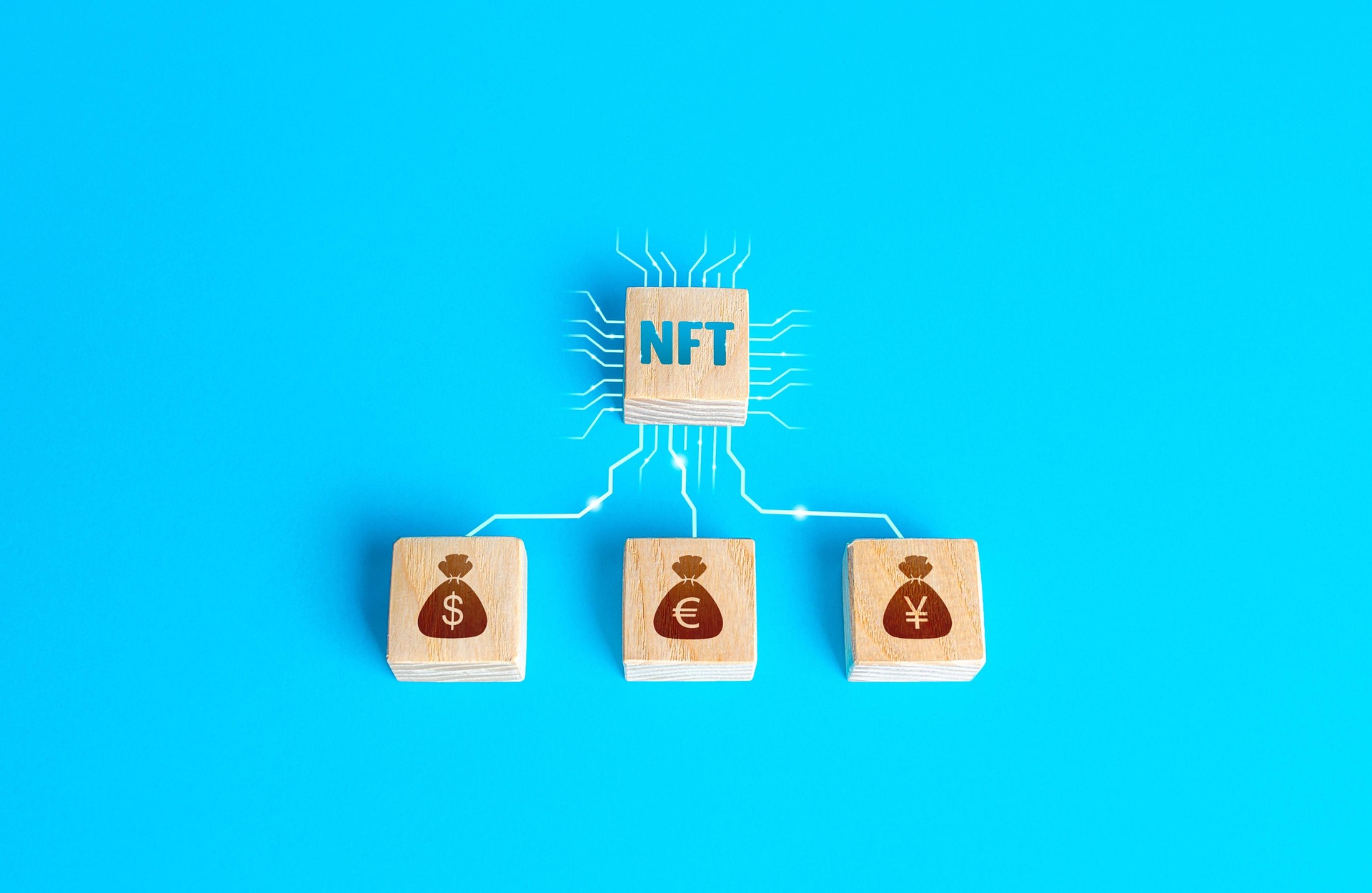The Intricate Dance of Dark Souls: Decoding the Subtlety of Its Difficulty
Dark Souls, a game notorious for its punishing difficulty, has sparked a unique conversation around challenge and accessibility in gaming. Striking a delicate balance between difficulty and player engagement, Dark Souls has reshaped the landscape of game design.

Dark Souls and the Renaissance of Difficulty
The release of Dark Souls in 2011 marked a turning point in the gaming industry. Unlike the trend towards more accessible gameplay, Dark Souls stood its ground with a challenging, often brutal, game design. Its lack of hand-holding tutorials and its punishing difficulty quickly became its defining features, setting it apart from its contemporaries.
The Current State of Hard Games
Fast forward to the present day, and the landscape of hard games is flourishing. Titles like Hollow Knight, Celeste, and Sekiro: Shadows Die Twice have all taken cues from Dark Souls, offering players challenging experiences that push their skills to the limits. This trend shows no sign of slowing down, with upcoming releases such as Elden Ring and The Surge 2 ready to continue the tradition of challenging gameplay.
The Impact of Dark Souls on Gaming Culture
The cultural impact of Dark Souls is immense. The phrase “It’s the Dark Souls of…” has become a common way to describe any difficult game, underlining the game’s significance. Moreover, the game has fostered a dedicated player base, with communities forming around sharing strategies, discussing lore, and providing support for struggling players.
Unraveling the Dark Souls Paradox
What makes Dark Souls special is its central paradox. Despite its punishing difficulty, it remains widely loved and respected. This is largely due to its intricate design. Each death in the game is a lesson, teaching players about enemy behavior, environmental hazards, or their own tactical errors. It’s a game that demands patience and persistence, turning each victory into an exhilarating triumph.
The Future of Difficulty in Gaming
As the industry evolves, the acceptance and demand for more challenging games will likely continue to grow. What Dark Souls has demonstrated is that difficulty does not equate to inaccessibility. Instead, it can be an engaging and rewarding aspect of gameplay that encourages player growth and perseverance.
In conclusion, Dark Souls has made a lasting impact on game design and player expectations. Its unique approach to difficulty has sparked a renaissance of challenging games, a trend that shows no sign of slowing down. As we move forward, it’s clear that the game’s legacy will continue to shape the future of the industry.




